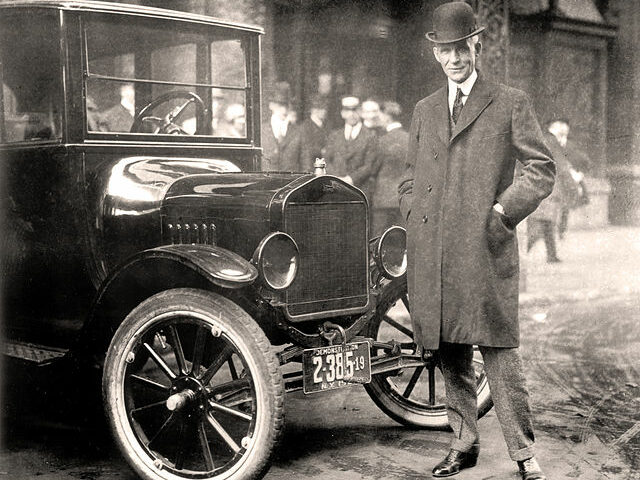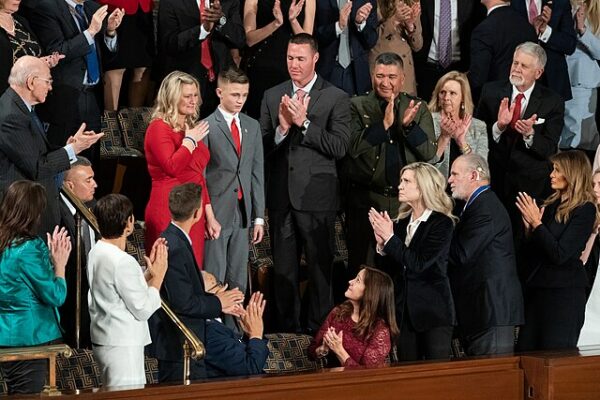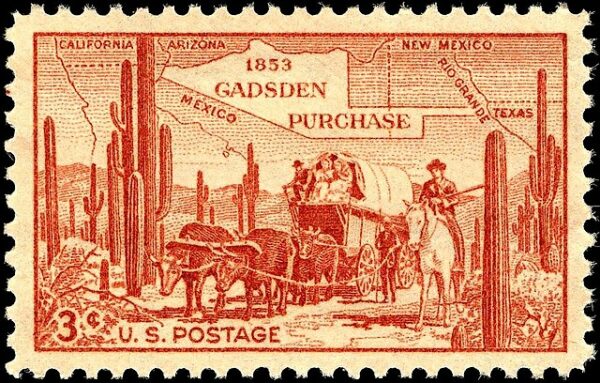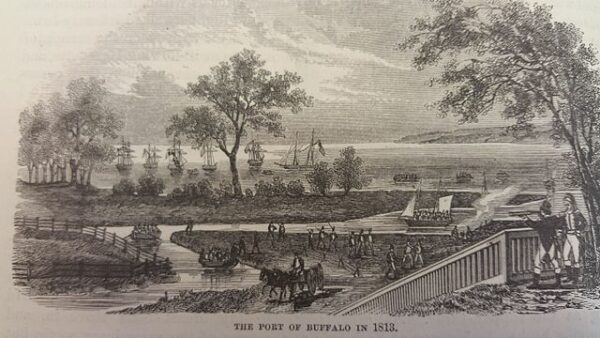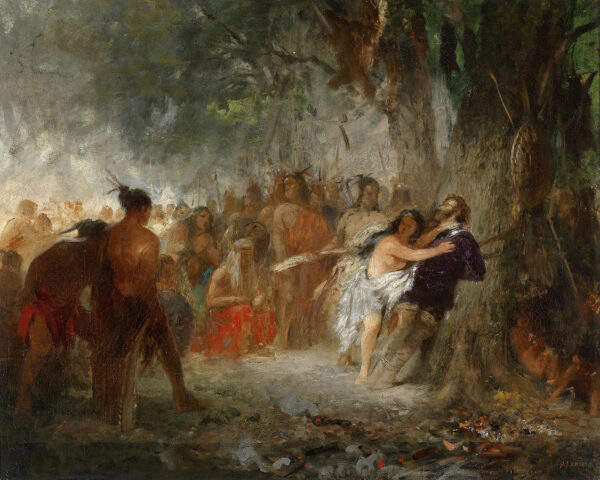On January 6, 1066, England made a choice meant to preserve order—and in doing so set itself on the path to conquest. The day after the death of Edward the Confessor, the kingdom’s leading nobles and churchmen gathered in London for an emergency session…
Read MoreOn January 5, 1914, in a move that stunned American industry and rewrote the rules of factory labor, the Ford Motor Company announced that it would more than double the daily pay of its workers while shortening the workday. Beginning January 12, eligible employees…
Read MoreOn January 4, 1999, Jesse Ventura was sworn in as the 38th governor of Minnesota, marking one of the most unexpected political ascents in modern American history. A former professional wrestler, Hollywood actor, radio host, and Navy veteran, Ventura entered office not as a…
Read MoreOn January 4, 1903, one of the most disturbing events in the history of animal welfare occurred at Coney Island’s Luna Park. Topsy, a 28-year-old Asian elephant, was publicly electrocuted in a grim display that merged human cruelty with technological ambition. The event was…
Read MoreOn January 3, 2020, the Middle East — and much of the world — awoke to news that dramatically reshaped global geopolitics: Qasem Soleimani, one of Iran’s most powerful military figures, had been killed in a U.S. airstrike near Baghdad International Airport. The targeted…
Read MoreOn December 31, 1759, a relatively obscure Irish brewer made one of the most consequential business decisions in history. Arthur Guinness, then 34 years old, signed a lease that would become legendary: a 9,000-year agreement on a dilapidated brewery site at St. James’s Gate…
Read MoreOn December 30, 1853, the United States finalized the Gadsden Purchase, a land deal with Mexico that reshaped the map of the Southwest and reflected the era’s fixation on expansion, commerce, and continental infrastructure. For $10 million, the U.S. acquired roughly 29,670 square miles…
Read MoreOn December 30, 1813, British troops crossed the icy Niagara River and set fire to the American village of Buffalo, New York, reducing much of the settlement to ashes and marking one of the most destructive episodes along the northern frontier during the War…
Read MoreIn 1607, during the precarious first year of England’s Jamestown experiment in North America, Captain John Smith later claimed that his life was spared through the intervention of Pocahontas, the young daughter of the powerful Algonquian leader Wahunsenacawh. According to Smith’s account, the dramatic…
Read MoreOn December 28, 1835, a violent confrontation in central Florida marked the opening shots of one of the longest, costliest, and most politically revealing conflicts between the United States and an Indigenous nation: the Second Seminole War. At its center stood Osceola, a defiant…
Read More


